Looking to promote SVCE offers and services to your residents? Go to our Digital Media Assets webpage .
Community Resources & Information
SVCE has committed nearly $24M to support the thirteen member agencies’ decarbonization efforts. Explore the resources SVCE offers to the member agencies, Board of Directors, and community stakeholders below.
Highlights
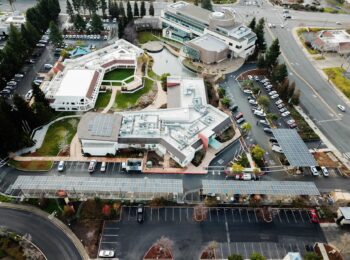
Upgrading to Clean
Resilient Buildings
- $5 million Community Resilience
- $3.6 million Decarbonization Grants

Improving Planning
Policies & Permitting
- $3M Permit Modernization
- $1.9M Policy Experimentation
- $1M Reach Codes
- $300K EV Fleet Planning
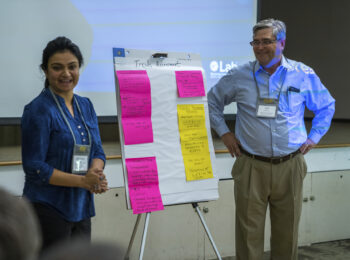
Support Engagement
& Collaboration
- Member Agency Working Group
- SVTEC
- Federal and State Grant Coordination
Additional Information
Upgrading to Clean & Resilient Buildings
Building a Resilient Region
The Community Resilience Program funds zero-carbon capital projects that reduce the likelihood or the impacts of power outages. Through the Community Resilience Program, SVCE has distributed $5 million between 13 member communities for energy resilience projects to reduce the impacts of power outages from events such as earthquakes, PG&E Public Safety Power Shutoffs, storms, floods, and wildfires while supporting decarbonization and local job creation. The program has funded the planning and implementation of projects including solar and battery backup systems and solar-powered EV chargers.
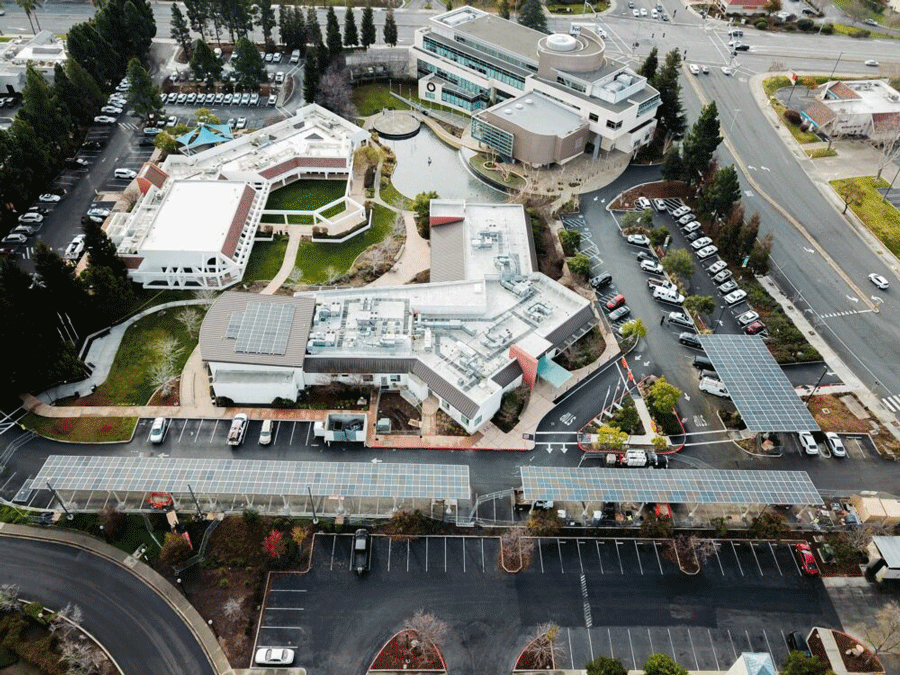
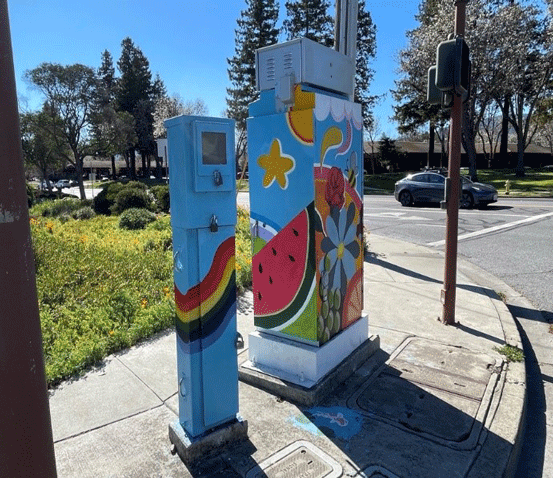
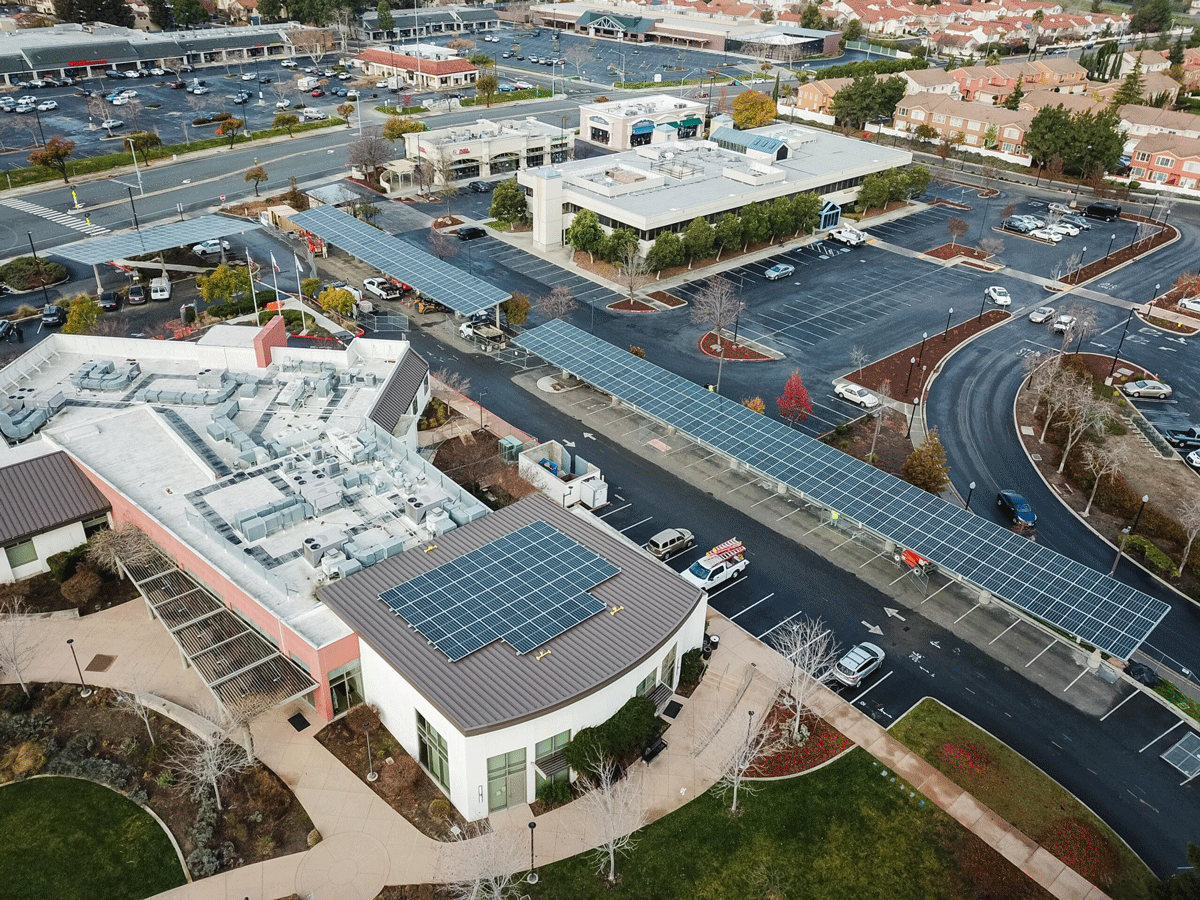
Decarbonization Demonstration & Engagement Grants
The decarbonization grants fund capital and engagement projects to demonstrate decarbonized buildings and share climate action strategies. Check out the different demonstration and engagement grants for cities in our community by expanding the selections below.
Demonstration Grants
City of Los Altos: $201,000 to construct an “Energization Station” which is an outdoor public-use facility featuring opportunities to learn about electrification while exercising, device charging, and meeting.
City of Mountain View: $497,000 to electrify an existing senior center (which doubles as a mini community center) and feature it as an electrification demonstration site.
Sunnyvale School District: $500,000 to replace existing gas furnaces with 12 heat pumps and highlight the electrification initiative with the school community and in the curriculum.
City of Campbell: $500,000 to electrify a library that is about to be fully renovated. The funding would be used to fully electrify the building instead of installing new gas infrastructure and equipment.
City of Monte Sereno: $500,000 to transform an existing building into a community center that will be a regional demonstration and education facility.
City of Morgan Hill: $500,000 to construct an all-electric fire station with a demonstration plaza next to it featuring display boards and interpretive signage highlighting the electric components of the fire station.
City of Sunnyvale: $500,000 to construct an all-electric library and fund an education and engagement program to showcase the all-electric attributes of the library.
Engagement Grants
City of Cupertino: $111,500 to seed fund the development of a VR DECARB, a virtual reality (VR) simulation for the community to “walk through” an all-electric home and learn about the home features, benefits, and how to decarbonize your home.
City of Milpitas: $95,000 to fund a part-time project coordinator that will demonstrate decarbonization technologies, tools, etc. in a fun way at a broad variety of seasonal and community events.
City of Morgan Hill: $95,748 to fund the staffing necessary to engage the public on the topics of decarbonization and climate change in support of the City’s Climate Action Plan.
City of Mountain View: $70,000 to implement an interactive, multi-step engagement program on building electrification. Notably, SVCE support would allow the City to greatly expand its engagement with non-English speaking residents, renters, multifamily property owners, and other underserved communities.
Town of Los Altos Hills: $70,000 to educate the public on a variety of electrification, renewable energy, EV, battery storage, microgrid and load-shifting technologies already in use or soon to be implemented at their Town Hall facility on Fremont Road.
Improving Planning, Policies, & Permitting
Reach Codes for EV Readiness
The Reach Code effort provided model codes and full support to member agencies in adopting and implementing building codes requiring zero-emission new buildings. Every SVCE member agency adopted some form of reach code for the 2022 building code cycle. The focus now shifts to existing buildings in 2023 and beyond.
Permit Modernization & Policy Experimentation
SVCE is supporting our member agencies on opportunities for modernizing permitting and adopting innovative policies to help upgrade buildings to efficient, electric technologies. The SVCE Board has allocated up to $4M to support this work and direct assistance is available to all member agencies to support their staff (technical consultant time, community engagement support, application resources, etc.).
These collective activities are designed to remove friction and better prepare local jurisdictions for the significant increase in permits expected to result from the Bay Area Air Quality Management District’s rule amendments that restricts the sale of nitrous oxide-emitting water heaters and furnaces starting in 2027.
EV Fleet Planning
EV fleet planning offers technical assistance to member agencies to electrify their vehicle fleets. Starting in 2024, state regulations now require local agencies to ensure that 50% of new medium- and heavy-duty vehicle purchases are zero emission. SVCE is offering a free technical assistance program to all member agencies to help meet these requirements.
SVCE’s Technical Assistance program offers fleet electrification planning for compliance with Advanced Clean Fleets, greenhouse gas emissions modeling, charging infrastructure needs assessments, permit-ready site designs, and more.
Supporting Engagement & Collaboration
Member Agency Working Group
The Member Agency Working Group or MAWG is comprised of a collection of staff from SVCE member agencies and meets monthly. The working group focuses on receiving the latest information about SVCE programs, providing input on SVCE program development, and sharing general information among the group about other local, state and federal programs.
Join SVTEC
The Silicon Valley Transportation Electrification Clearinghouse (SVTEC) is a collaboration of public, private, and nonprofit leaders working to accelerate EV adoption across Silicon Valley. Visit the SVTEC webpage if your agency or company is interested in joining and meet quarterly to accelerate EV adoption across the region.
Quarterly Program Reports
Interested in learning more about the additional programs available to residents and businesses in your community to help them go all-electric? Check out the full list of rebates and programs.
Governing Documents
Strategic Plan
The Silicon Valley Clean Energy strategic plan aligns our initiatives with our mission and values. This plan recognizes the goals we intend to accomplish and highlights strategies and tactics we will employ to achieve these goals.
Silicon Valley Clean Energy Strategic Plan, October 2023
Silicon Valley Clean Energy Formation
Silicon Valley Clean Energy (SVCE) is required by the Public Utilities Code to draft and submit and Implementation Plan to the California Public Utilities Commission. The Implementation Plan was approved by the Board of Directors at the July 13, 2016 meeting.
Implementation Plan and Statement of Intent – Submitted July 14, 2016
Addendum No. 1 – Implementation Plan and Statement of Intent – Submitted December 20, 2017
Before forming Silicon Valley Clean Energy (SVCE), our Partnership evaluated whether the Community Choice Energy (CCE) model would not just work for, but also benefit, our residents and businesses here in Silicon Valley. Detailed in the reports below are the specific outcomes anticipated for the region after launching Silicon Valley’s first locally controlled, not-for-profit organization to procure energy on behalf of our communities:

